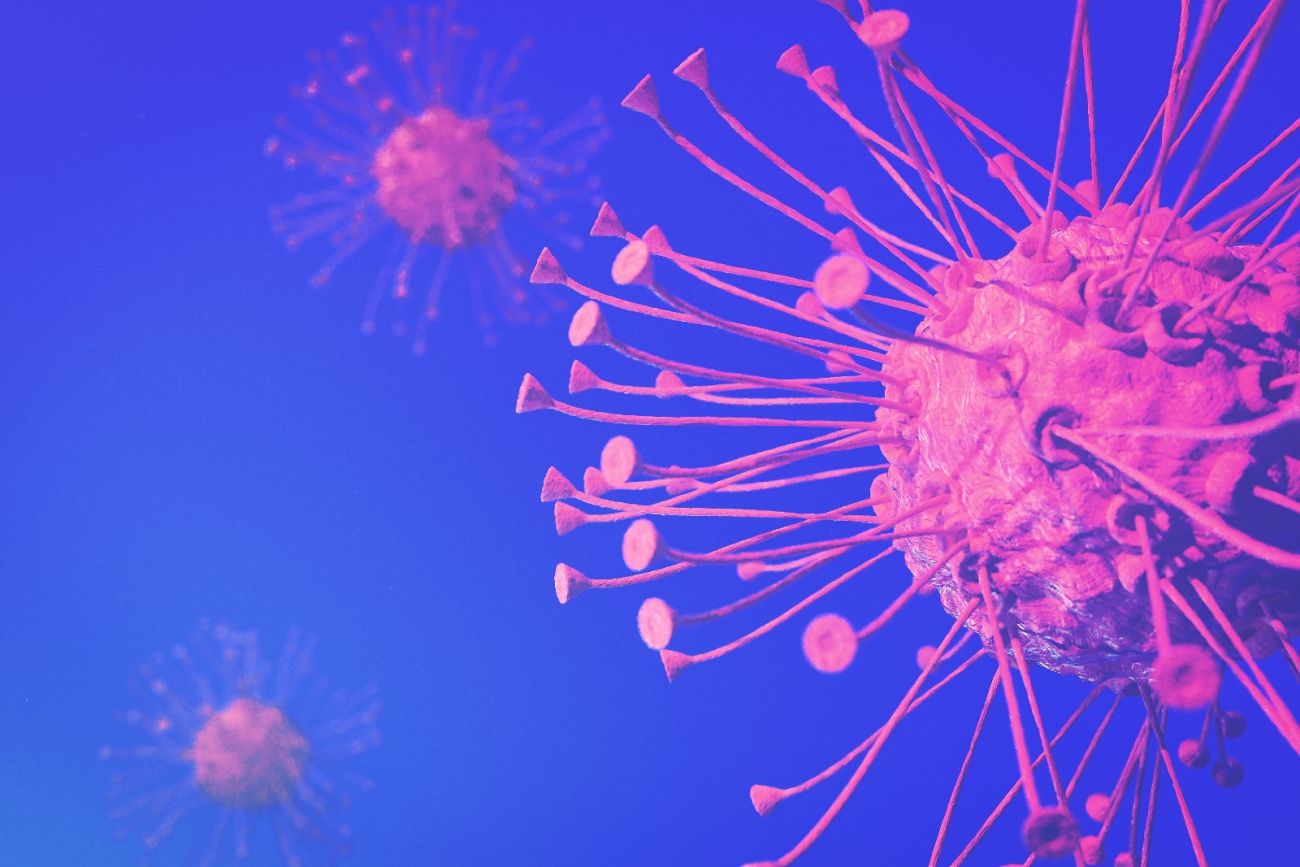First-of-its-kind model will be used to develop therapeutic approaches to overcome therapy cytotoxic effects
- Preclinical model looked at cytokine release syndrome, neutropenia
- Experts call work a “major advancement” in understanding these toxicities
- Poised to help improve quality of life in patients treated with CAR-T therapy
BUFFALO, N.Y. — During the 64th annual meeting of the American Society of Hematology (ASH), held December 10-13 in New Orleans, Louisiana, Roswell Park Comprehensive Cancer Center pre-doctoral trainee Payal Goala, MS, BS, will present research findings that hold potential to help address two significant toxicities associated with Chimeric Antigen Receptor (CAR) T-cell therapy.
“This study will be the first ever preclinical model that is able to recapitulate two different types of toxicities—cytokine release syndrome and neutropenia—that are shown to co-occur in patients with hematologic malignancies after the administration of CAR T-cell therapy,” notes Goala.
While breakthroughs in cellular therapy treatment have led to major improvements in survival for patients with B-cell acute lymphoblastic leukemia (B-ALL), recent investigation has highlighted the negative impact of CAR-T related adverse events, particularly cytokine release syndrome and cytopenias such as neutropenia.
Cytokine release syndrome occurs when the patient’s immune cells hyper respond to CAR T-cell infusion, which causes significant inflammation leading to a wide-range of symptoms including fever, nausea, and organ damage. Neutropenia is the inability of the body to produce enough neutrophils that are necessary to protect against infections.
“Therefore, co-occurrence of cytokine release syndrome and neutropenia has been shown in previous studies and clinical trials to be detrimental to the overall survival of patients post-treatment, as they are prone to frequent illnesses and hospitalizations,” Goala explains.
Prior to this research, no models have been able to recapitulate multiple CAR-T related cytotoxic effects in a single in vivo model.
“Having this model at our disposal is a major advancement toward understanding the mechanisms of these CAR-T induced toxicities. We will use it to accelerate the development of therapeutic approaches to overcome the limitations of these incredibly promising cellular therapies,” notes study senior author Marco Davila, MD, PhD, Vice Chair of Cellular Therapies and Associate Director for Translational Research at Roswell Park.
To establish a model that has the capability to study both cytokine release syndrome and neutropenia, Dr. Davila, Goala and colleagues examined the role of IL-2Rα in inducing CAR-T related toxicities.
They hypothesized that knockout of IL-2Rα, which is required for regulatory T cell maintenance, will lead to severe cytokine release syndrome after CAR-T infusion. An already established IL-2Rα -/- or IL-2Rα KO model was used to test this theory and the data showed that injection with only CAR-T cells resulted in severe cytokine release syndrome based on elevated serum levels of IL6, IFNg, and TNFa.
The team also observed a significant decrease in neutrophil concentration among IL2Rα KO mice treated with CAR-T, which suggests that the loss of IL2Rα not only regulates cytokine release syndrome but also plays a crucial role for neutrophils. This model, Goala explains, will improve our understanding of the crosstalk between CAR-T and host immune components, such as macrophages and neutrophils, that are altered during these adverse events.
“Although we have drugs available to manage symptoms of cytokine release syndrome and neutropenia, it is clear that patients with cytopenias have worse outcomes. The lack of an in vivo model hindered our effort to understand why this co-occurrence is happening,” Goala concludes. “Through our study, we will be able to answer some of these questions that can help improve the quality of life of our CAR-T treated cancer patients.”
This first-of-its-kind model was validated while Goala was at Moffitt Cancer Center. She is now working with her team at Roswell Park to identify therapeutic options that can address these toxicities and improve patient outcomes.
ASH 2022 Presentation Details
Abstract 486: A Novel IL2Rα-/- Model for CAR-T Toxicity in Acute Lymphoblastic Leukemia Recapitulates Cytokine Release Syndrome and Neutropenia
Time/date: Sunday, December 11, 2022: 10:45 AM CST
###
Roswell Park Comprehensive Cancer Center is a community united by the drive to eliminate cancer’s grip on humanity by unlocking its secrets through personalized approaches and unleashing the healing power of hope. Founded by Dr. Roswell Park in 1898, it is the only National Cancer Institute-designated comprehensive cancer center in Upstate New York. Learn more at www.roswellpark.org, or contact us at 1-800-ROSWELL (1-800-767-9355) or ASKRoswell@RoswellPark.org.
Rebecca Vogt, Media Relations Specialist
716-845-4919; rebecca.vogt@roswellpark.org
